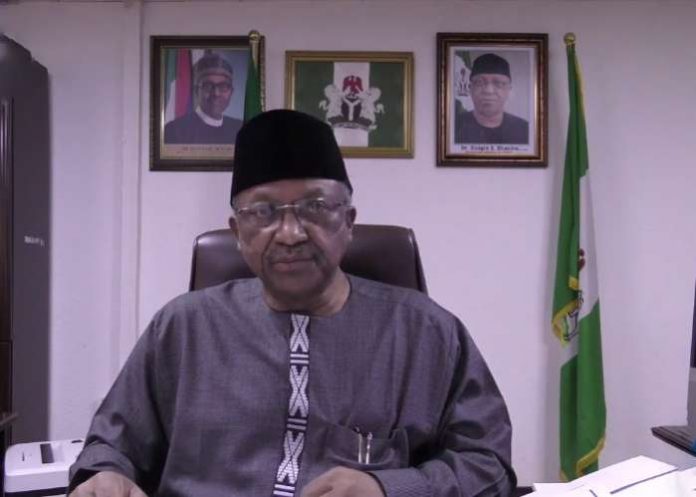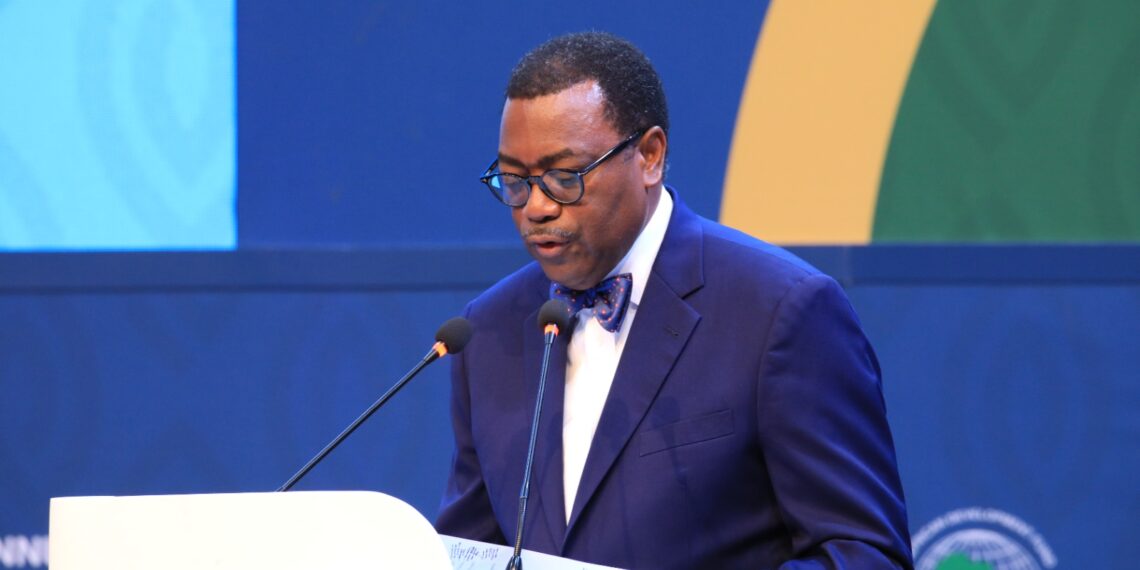
Minister: Nigerian government to launch national emergency medical service, ambulance system
- Health Sector
- No Comment
- 228
The federal government, Tuesday, said it was poised to launch what it called the “National Emergency Medical Service and Ambulance System” to provide prompt and efficient emergency Medical Service to the people.
Minister of Health, Osagie Ehanire, speaking at a media parley on reproductive, maternal, newborn, child, adolescent and elderly health plus nutrition multi-stakeholder partnership coordination platform, in Abuja, noted that: ”Elimination of delays in access to healthcare can indeed reduce the high mortality rates.”
Osagie, while noting that, ”It is estimated that an efficient emergency medical treatment service can reduce mortality by nearly 50% by reducing delays in physical and financial access especially at night,” said: ”The Federal Government is poised to launch the National Emergency Medical Service and Ambulance System to provide prompt and efficient emergency Medical Service to the people.”
According to him, “It will involve prompt response to medical distress calls of all types with first responders, transfer to facilities, assured first aid at point of care at no immediate user cost.”
“There is need to strengthen engagement with media institutions and improve strategic communication tools, working with various media platforms to drive social and behaviour change communication and influence attitudes towards reproductive, maternal, newborn, child, adolescent and elderly health plus nutrition”, he said, adding that: ”The media also plays a role in social cohesion and in reshaping norms, to become the change agent for positive health-seeking behaviour.”
Regretting that:”Despite its enormous potential, there is, unfortunately, inadequate utilization of media platforms for dissemination of health-related information to the public by the health sector,” Ehanire said: ”Public engagement of the media by the Federal Ministry of Health happens on a case-by-case basis, as there is no blueprint to define the process, resulting in missed opportunities to achieve national goals and targets relating to public enlightenment of individuals, service providers, decision-makers and influencers, with regard to health and wellbeing.”
Ehanire, whose message was contained in his presentation, titled: ”Effective Partnership with Media Sector in Improving Health and Well-being of Women, Children, Adolescent and the Elderly”, said: ”Going forward and building on the success of the Reproductive, Maternal, Newborn, Child, Adolescent, Health plus Nutrition Multi-Stakeholder Partnership Coordination Platform, the Ministry of Health began activating the Coordination Platform Annual Operation Plan 2021.”
” Sustainable mechanisms have been instituted for improved collaboration with the media in reconstructing societal views on health issues affecting women, children, adolescents and the elderly, such as finalizing revision of the Integrated National Reproductive Maternal, Newborn, Child, Adolescent and Elderly Health plus Nutrition Social and Behaviour Change Strategy.”
“Roll-out of a revised strategy, using existing government, private and traditional media structures of television, radio, print, social, and local media platforms will empower the people with information on household practices to make informed choices and take timely actions to ensure their health and wellbeing.
“Developed the maiden Media Engagement Strategy for Health Promotion, aiming to set out mechanisms, arrangements and prescribe ways to harness available tools for publicity, information sharing and public engagement, in order to empower Nigerians to make informed choices for healthier living.
“Developed the draft Health-in-Media Coalition Charter: an ancillary document of the Media Engagement Strategy for Health Promotion. The Charter articulates arrangements that guide partnership between Federal Ministry of Health, Media Outlets and Regulatory Agencies ‘to improve health and wellbeing of Nigerians with a focus on the vulnerable population. It outlines roles and responsibilities of each arm of the coalition; a management and coordination structure, including an itemization of steps for grievance resolution and periodic reviews,”he said.
He said “the current COVID-19 pandemic has accelerated media literacy of adults and young people; meaning that access to understanding and creating communication with both traditional and new media platforms such as text messaging, social networking and mobile phone is commonplace. Statistics indicate that in January 2020, the percentage of users of the various media platforms in Nigeria were as follows: 169.2 million (83%) mobile connections users, 85.49 million (42%) internet users, and 27.00 million (13%) social media users.”
“In today’s technology-driven world, access to the latest news is at the touch of a button on television or radio, even while commuting to the workplace or school. We freely exchange information with friends, relatives, business partners and clients around the world.
“Effective communication through mass media, can therefore be used to heighten awareness of Reproductive, Maternal, Newborn, Child, Adolescent and Elderly Health plus Nutrition as topics for public discussion, and to influence legislation and resource allocation for issues like awareness of where to access Reproductive, Maternal, Newborn, Child, Adolescent and Elderly Health and Nutrition health services, to develop appropriate, safe care-seeking behaviour, change cultural practices such as female genital mutilation and promote hygiene and health practices that improve uptake of health services,”he said.
Dr Ehanire said, ”The Ministry of Health will be able to build on the success of the media engagement obtained today to institutionalize traditional and social media platforms to share information and for community participation, and risk communication.
“When finalized, the Health-in-Media Coalition Charter will be presented to chief executives of media institutions for endorsement at the national level as well as adaptation at the subnational level
Written By Chidinma Uchechukwumgemezu
Source: Today ng
Read More+: https://www.today.ng/news/nigeria/minister-nigerian-government-launch-national-emergency-medical-service-ambulance-system-358469






